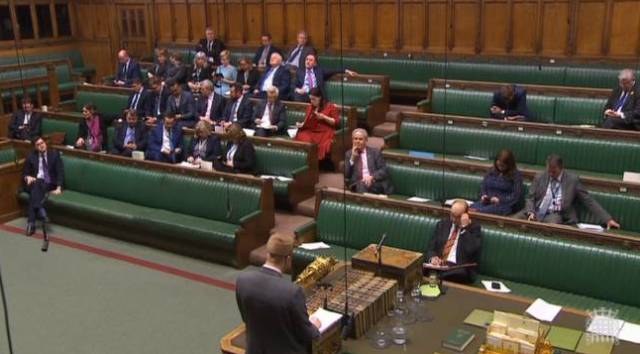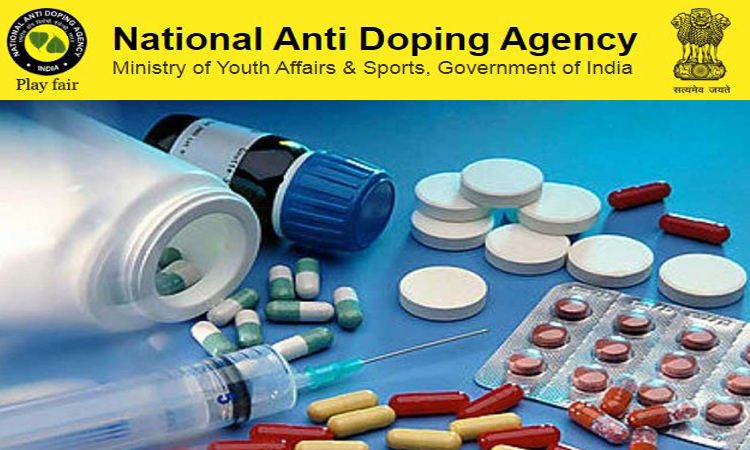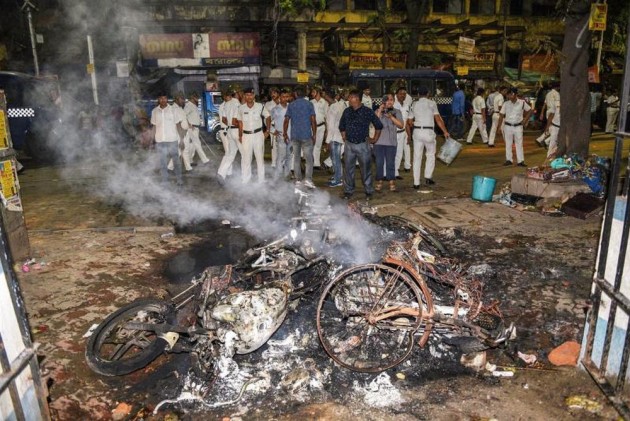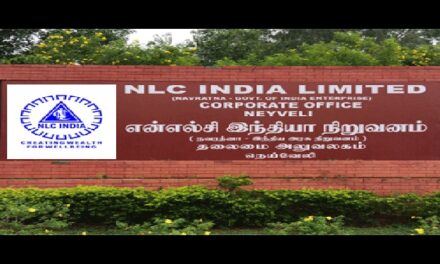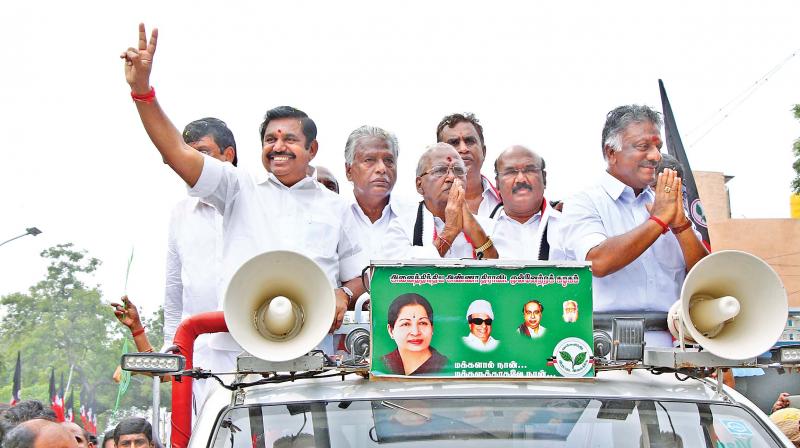In House of Commons British MPs voice concern at India suppressing freedom and peaceful protests
On a debate in the House of Commons on ‘ Press Freedom and the safety of Protestors in India’, 19 of the 20 Members who spoke came up with scathing criticism of the Indian Government
Tanmanjeet Singh Dhesi maintained: “It will not be lost on anybody that the UK Tory government, in their desperation to get a trade deal, are failing spectacularly to stand up for the human rights of the protestors.”
Interrupting Kinnock, he brought up “the farcical manner in which some Indian actors and cricketers copy-pasted the official government line (on the farmers’ agitation) on their social media accounts”.
Layla Moran, foreign affairs spokesperson of the Liberal Democrats, asked if the British foreign secretary could say “what assessment has been made of whether the new farmers’ laws in India are in breach of Article 9 of the international treaty on plant genetic resources on food and agriculture?”
Virendra Sharma, chair of the All-Party Parliamentary Group for India, normally a safe bet for the Indian mission, could not help but deviate from his track record of stout defence of New Delhi.
His Sikh dominated constituency of Ealing Southall had thrown up the highest number of signatories to the petition.
“The right to peaceful protest is a cornerstone of democracy and a right that thousands of Indian farmers are using today,” he remarked.
He called on the Adams to “commit to helping that cause (of an agreement between the Indian government and the farmers) by offering British skills in negotiation and compromise to help both sides bring the issue to a close”.
Seema Malhotra, another lawmaker more often than not sympathetic to India, pointed out:
“The Indian government have said that they will preserve the minimum support price, but there is not yet a legislative base for that… Experience in other countries has suggested that, rather than improving farmers’ incomes, corporatisation has depressed them.”
She also intervened with a reference to “right-wing groups” (code for Hindu extremists) holding car rallies in Sikh dominated areas in the UK a fortnight ago to divide the Indian origin community.
The big guns included Jeremy Corbyn, until a year ago Labour leader.
He highlighted “the nature of the way in which the protestors – the strikers – have been attacked in Delhi is unprecedented, as have been the reaction of the Indian government to the way in which the media have responded”.
Nadia Whittome alleged: “Our home secretary (Priti Patel) is an active supporter of the BJP.”
Bob Blackman a Conservative MP, who generally goaded by his Gujarati constituency stands up for Modi, was missing in action.
But one amongst twenty the lone MP Theresa Villiers of the ruling Conservative party, who was also a former minister of state, came to Bjp governance Indian Goverment rescue.
In a speech parroting the Indian High Commission’s propaganda sheet, she stated: “India is a country where respect for the rule of law and human rights is constitutionally protected and embedded in society. The authorities’ approach to the protests should not shake our faith in that central truth.”
Predictably a contingent of three Pakistan extraction MPs were among the contributors, with their barrage of biased and premeditated India-bashing.
But by and large the lawmakers explained they were voicing their grievance because they were friends of India, though not necessarily of the present Indian dispensation.
Sam Tarry, who, too, represents a significant number of Sikh voters, signed off with the words: “The world is watching. Bole so nihal, sat sri akal.”
The phrase is Punjabi language in India and it means roughly, “Blessed is the person who says ‘God is Truth’

